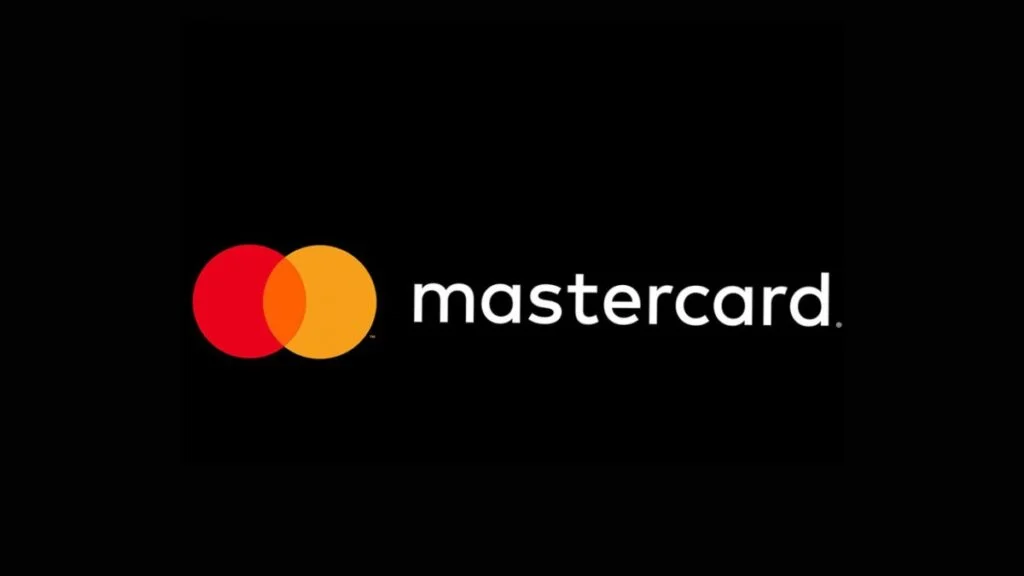According to payments giant Mastercard, adoption is the most challenging aspect of state-issued digital currencies.

According to Mastercard, the second-largest payment processing company, central bank digital currencies, or CBDCs, are not anticipated in the near future since modern consumers are “comfortable using today’s type of money.”
The APAC head of Mastercard’s digital assets and blockchain, Ashok Venkateswaran, told CNBC that there needs to be more evidence to support the existence of a CBDC and that cash is still the most widely utilized form of payment. Ashok Venkateswaran, Mastercard’s APAC head of digital assets and blockchain, said:
“The difficult part is adoption. So if you have CBDCs in your wallet, you should have the ability for you to spend it anywhere you want- similar to cash today”
The head of APAC acknowledged that CBDCs might have a place in interbank transactions. Venkateswaran focused on Singapore’s challenges in implementing the local retail CBDC.
He pointed out that the region has a “very efficient” payment mechanism, so the state-run digital money is not appealing enough. Continuing, Ashok Venkateswaran said:
“There isn’t a reason for a retail CBDC [in Singapore] but there is a case for a wholesale CBDC for interbank settlements.”
Venkateswaran’s comments come after Kristalina Georgieva, Managing Director of the International Monetary Fund (IMF), stated that currency is “costly to distribute in island economies,”.
In more developed economies, digital currencies may “offer resilience,” according to the IMF chief, who also mentioned that the goal of CBDCs is to “improve financial inclusion where few hold bank accounts.”
